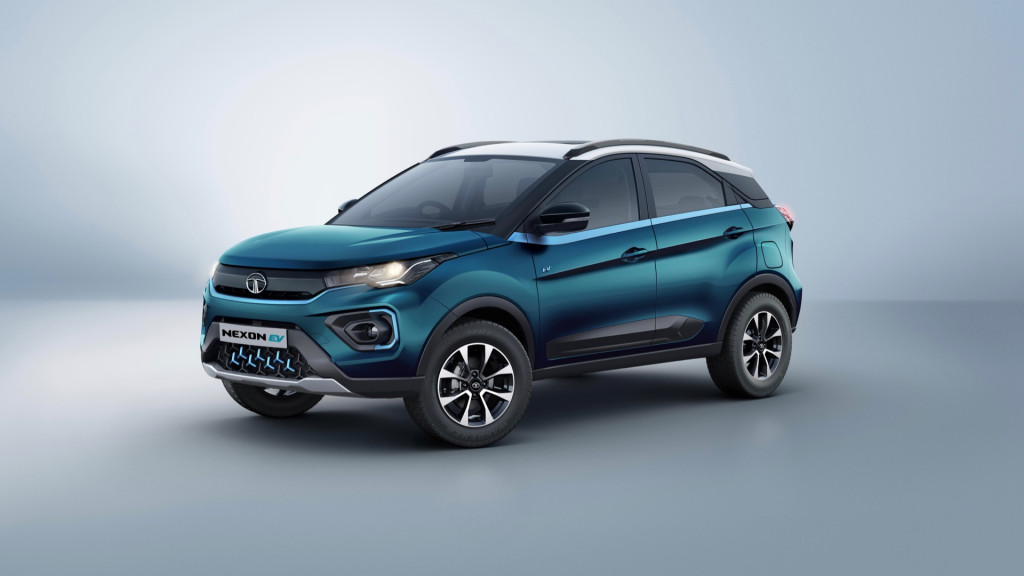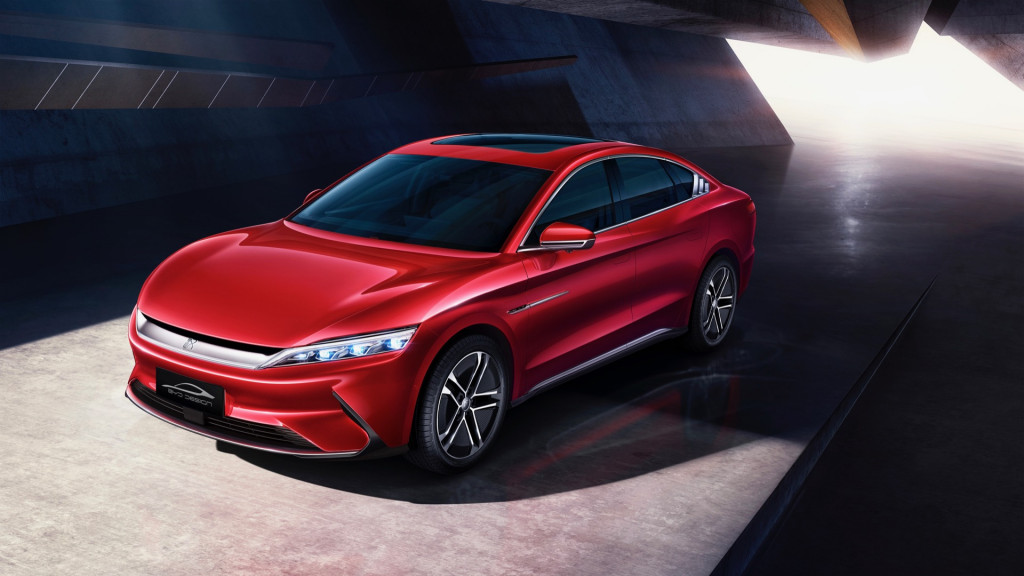India is the world’s third-largest new-car market, after China and the U.S., and two leading EV makers are looking to tap it with affordable models.
Tesla is discussing an investment deal with the Indian government that would see the U.S. automaker open a factory in the country with an annual capacity of 500,000 vehicles, according to a Reuters report published last week. Tesla would also use India as an export base, shipping cars to other countries in the Indo-Pacific region, the report said.
The factory would produce affordable EVs starting at 2 million rupees, equivalent to $24,400 at current exchange rates. That’s much less expensive than any of Tesla’s current models, and a lower price than Tesla could manage by importing cars to India, which would reportedly be subject to import taxes as high as 100%.

Tata Nexon EV
However, that targeted price is still more than double the cost of India’s cheapest EV, the MG Comet, and 500,000 rupees (about $6,000) more than the market’s best-selling electric car, the Tata Nexon EV. India-based Tata also announced a $10,000 electric car for its home market last year.
An affordable Tesla has been a long time coming. The company confirmed back in 2021 that it was developing a global EV in China intended to be more affordable. Then CEO Elon Musk later suggested that the project had been suspended. Later in 2022 Tesla confirmed that a third vehicle platform would exceed the production of all its other vehicles combined, with cars costing half as much to make.
China’s BYD, meanwhile, is planning to manufacture EVs for the Indian market in partnership with a local company, Megha Engineering and Infrastructures, according to Reuters. The $1 billion plan, which was recently submitted to Indian regulators, encompasses local manufacturing of batteries and a complete lineup of EVs, from basic hatchbacks to luxury models, the report said.

BYD Han EV
BYD entered the Indian market in 2007, producing batteries and other components for mobile phone makers. If it’s able to begin selling cars there, it would have a presence in every major global new-car market except the U.S., the report noted.
The company entered the European market last year and reportedly began supplying batteries to Tesla on a limited basis. BYD has manufactured and sold electric buses in the U.S., but it has not been able to gain a foothold in the passenger car business here.
BYD has been a longtime proponent of LFP battery tech. In recent years more automakers, including Tesla, have started to see it as a great fit for affordable EVs. BYD introduced its current generation of LFP battery technology with the Blade battery in 2020.

